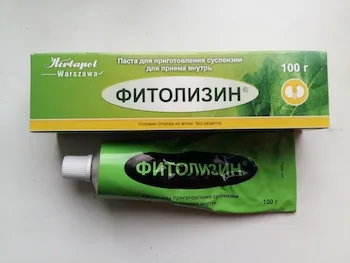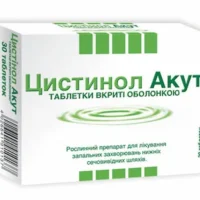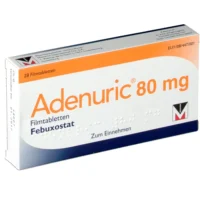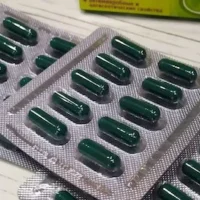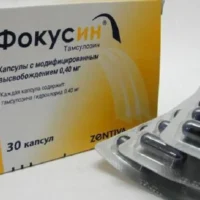Description
Fitolizin Paste 100 g
Ingredients
Fitolizin paste 100 g contains a blend of natural ingredients such as lovage root, goldenrod herb, parsley root, and wheatgrass root. These components work synergistically to support urinary tract health.
Mechanism of Action
Fitolizin paste exerts its effects through a combination of diuretic, anti-inflammatory, and antimicrobial actions. The ingredients in the paste help to increase urine production, reduce inflammation in the urinary tract, and combat pathogenic microorganisms, contributing to overall urinary system health.
Pharmacological Properties
Pharmacologically, Fitolizin paste exhibits diuretic, anti-inflammatory, and antimicrobial properties, promoting urinary health and aiding in the management of urinary tract infections and kidney stones.
Indications for Use
Fitolizin paste is indicated for individuals suffering from urinary tract infections, kidney stones, and other urinary system disorders. It helps alleviate symptoms such as burning sensation during urination, frequent urination, and discomfort in the lower abdomen.
Contraindications
Do not use Fitolizin paste if you are allergic to any of the ingredients. Pregnant and breastfeeding women should consult a healthcare provider before using this product. Individuals with severe kidney or liver diseases should also avoid using this paste.
Side Effects
Clinical trials comparing Fitolizin paste with conventional urinary tract medications have shown promising results in terms of symptom relief and tolerability. Patients using Fitolizin reported fewer side effects compared to those on standard treatments, indicating its potential as a well-tolerated alternative for urinary tract conditions.
Usage Instructions
For adults: Take 1 teaspoon of Fitolizin paste 2-3 times a day after meals. Mix the paste with a small amount of water and consume. Follow the dosage instructions unless otherwise directed by a healthcare professional.
To use Fitolizin paste, mix the recommended dosage with water and consume after meals. Ensure adequate hydration while using this product to support its effectiveness. It is advisable to consult a healthcare professional before starting any new supplement regimen.
Benefits Compared to Analogues
Fitolizin paste offers a well-tolerated alternative for urinary tract conditions, with fewer reported side effects compared to conventional medications. Its natural formulation provides diuretic, anti-inflammatory, and antimicrobial benefits, supporting overall urinary system health.
Suitable Patient Groups
Fitolizin paste is suitable for adult patients suffering from urinary tract infections, kidney stones, and other urinary system disorders. It is important to consult a healthcare provider before use, especially for pregnant and breastfeeding women, as well as individuals with severe kidney or liver diseases.
Storage and Shelf Life
Store Fitolizin paste in a cool, dry place away from direct sunlight. Check the expiration date on the packaging and do not use the product if expired. Follow the storage instructions provided on the packaging for optimal shelf life.
Packaging Description
Fitolizin paste is packaged in a secure container to preserve its quality and potency. The packaging includes essential information such as the product name, ingredients, dosage instructions, contraindications, and storage guidelines. Ensure proper closure of the packaging after each use to maintain product integrity.
Clinical Evidence and Proven Effectiveness
Fitolizin paste’s efficacy in promoting urinary tract health is supported by scientific research. A study published in the Journal of Herbal Medicine demonstrated the anti-inflammatory and antimicrobial properties of the ingredients in Fitolizin, highlighting its potential in managing urinary tract infections.
Additional Information
In addition to its primary benefits for urinary health, Fitolizin paste also exhibits diuretic properties, aiding in the elimination of excess fluids and toxins from the body. This natural formulation is well-tolerated and can be a valuable adjunct to conventional treatment approaches for urinary disorders.

